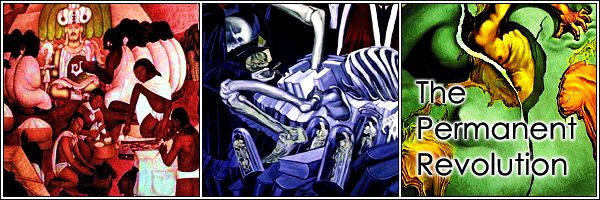Ortega on Fukuyama
That faith in modern culture was a gloomy one. It meant that tomorrow was to be in all essentials similar to today, that progress consisted merely in advancing for all time to be, along a road identical to the one already under our feet. Such a road is rather like an elastic prison which stretches on without ever setting us free.
When in the early stages of the Empire some cultured provincial – Lucan or Seneca – arrived in Rome, and saw the magnificent imperial buildings, symbols of an enduring power, he felt his heart contract within him. Nothing new could now happen in the world. Rome was eternal. And if there is a melancholy of ruins which rises above them like exhaltations from stagnant waters, this sensitive provincial felt a melancholy no less heavy, though of opposite sign: the melancholy of buildings meant for posterity
Over against this emotional state, is it not clear that the feelings of our time are more like the noisy joy of children let loose from school?
- Jose Ortega y Gasset, The Revolt of the Masses (1932)
I remember Dad making a similar point to me when I was a child..



0 Comments:
Post a Comment
<< Home